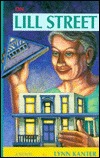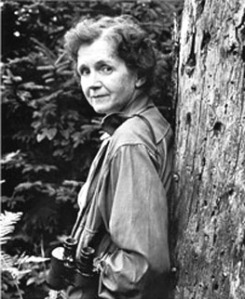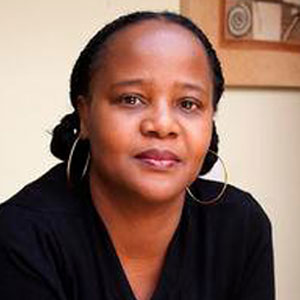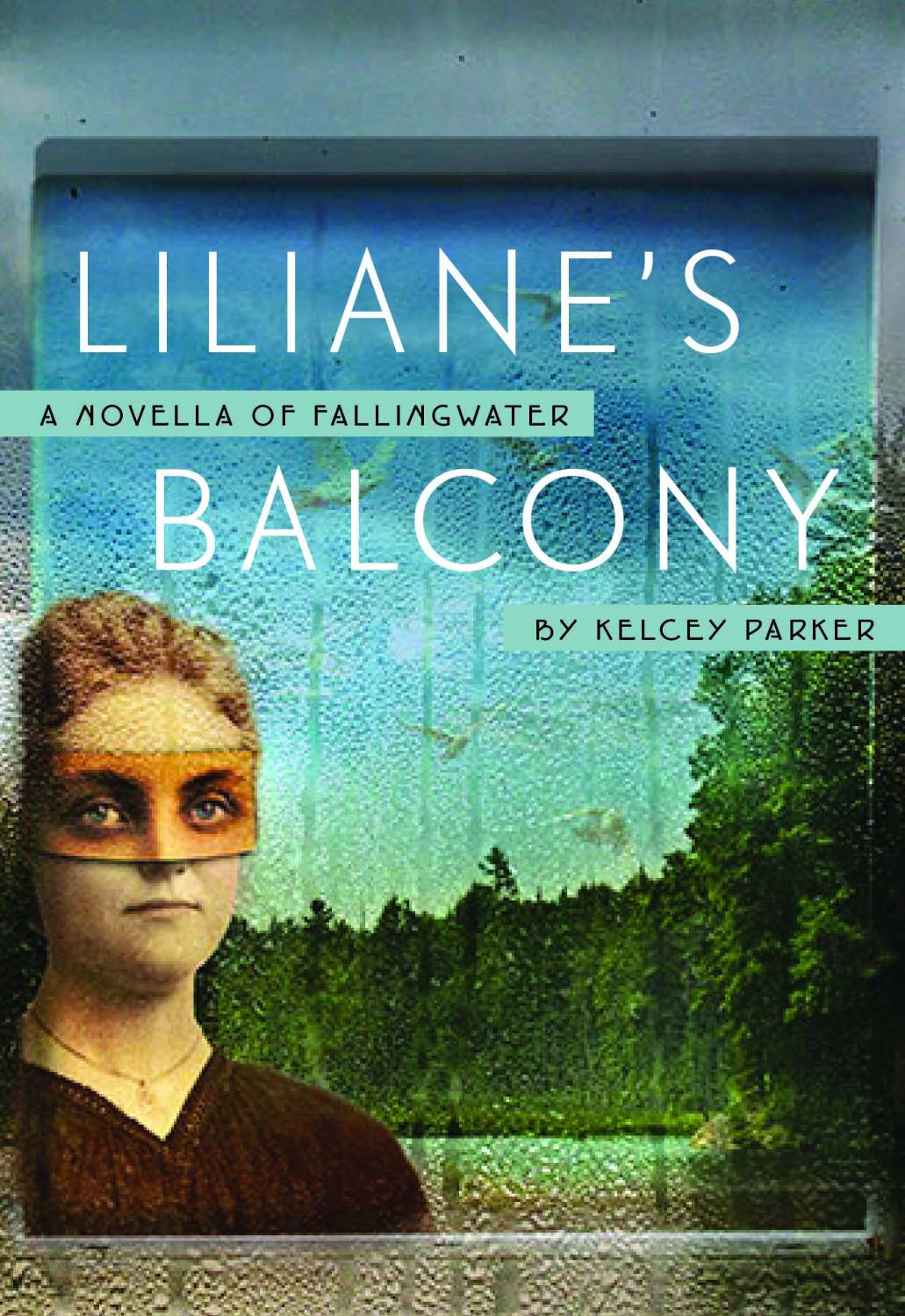This is the first stop of Lynn Kanter’s virtual book tour celebrating her new novel. Be sure to click the banner to see the full tour schedule and follow along for new content each day!
Lynn Kanter is the author of the novels Her Own Vietnam (2014, Shade Mountain Press), The Mayor of Heaven (1997) and On Lill Street (1992), both published by Third Side Press. Her short fiction has appeared in the anthologies Lost Orchard (SUNY Press), Breaking Up is Hard to Do, and The Time of Our Lives: Women Write on Sex After 40 (both Crossing Press), and the literary journal Verbsap. Her nonfiction has appeared in Referential Magazine and the anthologies Coming Out of Cancer (Seal Press), Testimonies (Alyson Publications) and Confronting Cancer, Constructing Change (Third Side Press).
Lynn is a lifelong activist for feminist and other progressive causes, and has the T-shirts to prove it. Since 1992 Lynn has worked as a writer for the Center for Community Change, a national social justice organization. She lives with her wife in Washington, DC.
Novel: The Mayor of Heaven
Novel: On Lill Street
Essay: “What Did I Have”
How Lynn Kanter Became a Writer:
This is the next installment in the How to Become a Writer interview series, which will post here at Ph.D. in Creative Writing every other Sunday (or so) until I run out of writers to interview, or until they stop saying yes. Each writer answers the same 5 questions. Thanks to Lynn for saying yes!
1. Why did you want to become a writer?
I’ve always loved words. The printed word, the spoken word, stories told in books or movies, as slogans or jests. I was the girl who studied the lyrics of the Top 40 songs and was drawn to the message more than the melody. I think becoming a writer was a natural outgrowth of my interests and enthusiasms.
2. How did you go about becoming a writer?
I started writing stories when I was a little girl, sitting behind my father’s upright black manual typewriter, a beautiful machine that was old even then. Some of the metal keys had cushioned rubber caps that you could, with difficulty, slide on and off. The rubber had turned hard and cracked like an old pencil eraser that now can only rub holes in the paper.
I can distinctly remember as a child typing the words, “This is a story about a boy and his” – and then hesitating. Should it be his dog? His horse? I wasn’t sure. But I had no doubt the story had to be about a boy, because no one would be interested in a girl’s adventures. Now, of course, I find it sad that a young girl had already absorbed such a clear message about the value of her own stories.
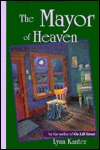 As a teenager, I stayed up late filling notebook after notebook with handwritten tales never meant to be shared, losing hours to the sheer exhilaration of writing. I often wish I could reclaim that unselfconscious energy and creativity. I still find joy and deep satisfaction in writing – otherwise no one would do it – but it’s much more effortful now and more burdened with self-criticism. That, I think, is the downside of getting published or working toward publication.
As a teenager, I stayed up late filling notebook after notebook with handwritten tales never meant to be shared, losing hours to the sheer exhilaration of writing. I often wish I could reclaim that unselfconscious energy and creativity. I still find joy and deep satisfaction in writing – otherwise no one would do it – but it’s much more effortful now and more burdened with self-criticism. That, I think, is the downside of getting published or working toward publication.
And I did aim for publication. In college, I papered the walls of my dorm room with rejection letters from magazines and journals. Later I stuffed a file cabinet with them. For my current novel, Her Own Vietnam, I probably could have filled another file drawer with rejections from agents, except they were all emails.
It wasn’t until I was in my 30s that my first story was published. By then I had found my subject, and it turned out to be the theme I had rejected as a child: the adventure of women’s lives.
I’ve heard of writers, like the late J. California Cooper, who said that stories and characters’ voices just came to them. I’ve never met any writers that lucky. Nor do I believe that Cooper – a hard-working writer who wrote more than a dozen plays before her fiction was finally published when she was in her 50s – meant that she literally sat around waiting for inspiration to strike.
I became a writer in the only way I think it’s possible to do so: by continually writing, continually reading, and trusting, despite sometimes overwhelming evidence, that somewhere a reader is yearning for exactly the stories you want to tell.
3. Who helped you along the way, and how?
I had a teacher in high school who took me aside after I’d turned in a routine class writing assignment and told me I could become a writer if that’s what I wanted. Over the years I’ve had numerous teachers who helped in various ways, particularly by equipping me to read and appreciate other people’s writing.
But the people who helped me the most are other writers, both aspiring and accomplished. They read my unfinished, unpolished work and allowed me to read theirs, so together we could lay bare the structure of a story and find its weak spots. Other writers have been astonishingly generous with their time, their support, and their insights about the craft of writing and the perils and satisfactions of publishing. I hope I have opportunities to pass on some of the wisdom and kindness I’ve received.
4. Can you tell me about a writer or artist whose biography inspires you?
I’m inspired by the life and work of Rachel Carson. She wrote books that were both lovely and compelling, and through them she launched a movement to save the earth. She did this while hiding the fact that she was dying of cancer, because she thought that knowledge might undermine her credibility, which was already under attack simply because she was female.
I’m also inspired by Edwidge Danticat. Like so many immigrant children, she had a difficult and painful childhood, emigrating from Haiti to Brooklyn when she was 12 to follow her parents. English was her third language. Yet she turned the unfamiliar English words into beauty and power, using them to open the eyes of the world to the Haitian experience and to advocate for change to alleviate the suffering of immigrants.
5. What would you say in a short letter to an aspiring writer?
Read everything you can. Enjoy the suspense of “what will happen next?” and study how the author created that feeling. If you find books you love, reread them. You’ll notice and appreciate more each time.
Create a writing community for yourself. The support of other writers is invaluable – both to give and to receive. Plus, no one else wants to want to hear shop talk about the actual work of writing.
If you can, participate in workshops. You’ll learn how to give and take criticism and, most importantly, how to discern unhelpful criticism from the kind of instructive, insightful criticism that you should act on immediately.
Writers write. They don’t plan to write or intend to write; they sit down and write. Of course, the act of writing requires a good deal of researching, reading, and staring out the window – behaviors that other people might confuse with procrastination. Sometimes it is just avoidance – writing is work, after all – but I do believe some amount of daydreaming is intrinsic to the writing process.
You are a writer because you write. It is not dependent on whether anyone will publish what you write.
Protect your writing time. Consider yourself unavailable during that time, and insist that others do so as well. Many people in your life won’t equate writing with work, and will think you’re free to chat or have lunch or run out for milk. It doesn’t matter if they think writing is just a casual hobby for you. What matters is that they leave you alone to write. Making this happen is up to you.
Face the fact that you will almost certainly have to do something else for a living. If you can get a job that uses your writing skills, great – but be sure the kind of writing you do for work does not come from the same place within you as the writing you do for life.
All of this sounds very somber, but the big secret about writing is that it’s difficult, sometimes tedious, often frustrating – and profoundly fun. Enjoy it.




